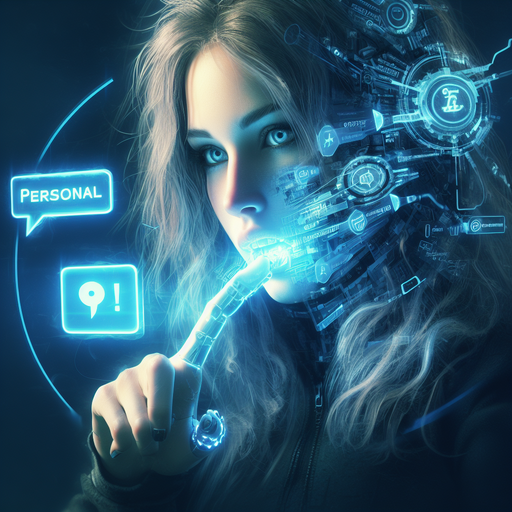
GPTs — what the new personalized GPTs bring us
A few days ago, OpenAI presented us with a handful of new functionalities, among which is the topic of today’s text, namely personalized GPTs.

GPTs — what the new, personalized GPTs bring us
Hi, I'm Jenny, a Crypto Girl and AI enthusiast. I write about topics that interest me. If you want to support my work, COLLECT my articles. Your support means a lot to me! Thank you!
AI just got more personal. OpenAI’s new user tool lets you build your own ChatGPT — no coding, just prompting. Ready to build an AI that could go viral in the GPT Store.
Users will finally be able to create their personalized version of ChatGPT without the need for programming knowledge.
If you, as a user, need more inspiration for what kind of personalized ChatGPT you want, you will have at your disposal the GPT Store, which will contain a bunch of personalized GPTs, that can be used for a variety of purposes.
And if you do realize that you would like to show your version of GPT to the world, it will be worth it, because you will be able to earn money on your personalized GPT through the Store. Exact details about how earnings will work have not yet been announced.

GPTs — what the new, personalized GPTs bring us
Moreover, if you are a programmer, GPTs will be able to connect to your APIs, through which they will be able to directly pull data from a wide variety of sources, from databases to sentiments, which your personalized GPT will later use for a completely autonomous communication with people who, for example, need help with a product or service that you sell.
What are GPTs?
GPTs are akin to apps for the ChatGPT user platform, designed to operate with a specific set of skills, knowledge, and behaviors. They are personalized instances of the larger models, that can be equipped with custom tools and data and conditioned to manage the conversation fitting your specific requirements.
They are designed to act as a personal cadre of AI assistants, each programmed to understand and execute tasks with a level of precision that you cannot achieve without a lot of pre-prompting in a normal ChatGPT conversation.
Although similar tools exist in the market, none has had the chance to integrate with the other updates that OpenAI released on the same day. With GTP-4-turbo, and a new knowledge cutoff of April 2023, GPTs were instantly on launch, the most capable platform for no-code supervised AI development.

GPTs — what the new, personalized GPTs bring us
So, Why GPTs Matter
This tailored approach to AI utility offers substantial benefits, particularly in streamlining task execution. By eliminating the need for repetitive context-setting and data input, GPTs free users to engage with more complex, value-added activities. They pave the way for advancements in how we interact with data, interpret insights, and make decisions.
It is a bet that OpenAI is making to move us to a marketplace model for AI apps, where users create useful final products that OpenAI profits from. They made an initial attempt with Plugins but never moved to create a real market for it.
For instance, a GPT designed for data visualization can immediately interpret a user’s request, sift through uploaded information repositories, generate precise graphical outputs, and, if instructed, create an imaginative visual representation using the Dall-E integration. The result is a seamless bridge from raw data to actionable and visually impactful information.
It follows, of course, that the introduction of GPTs represents a significant evolution from the traditional use of customer AI. By allowing users to load context-specific files and set behavioral conditions, GPTs make focused and personalized AI experiences available to users.
It is important to say that GPTs are not autonomous and expect to interact with the user in a conversation. OpenAI openly said this is preparing the market for semi-autonomous AI.
Thank you for reading!
If you want more articles like this, please share this article. Thank you!


